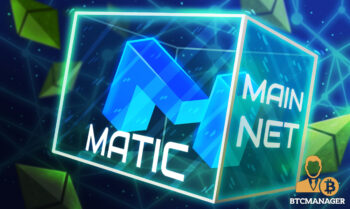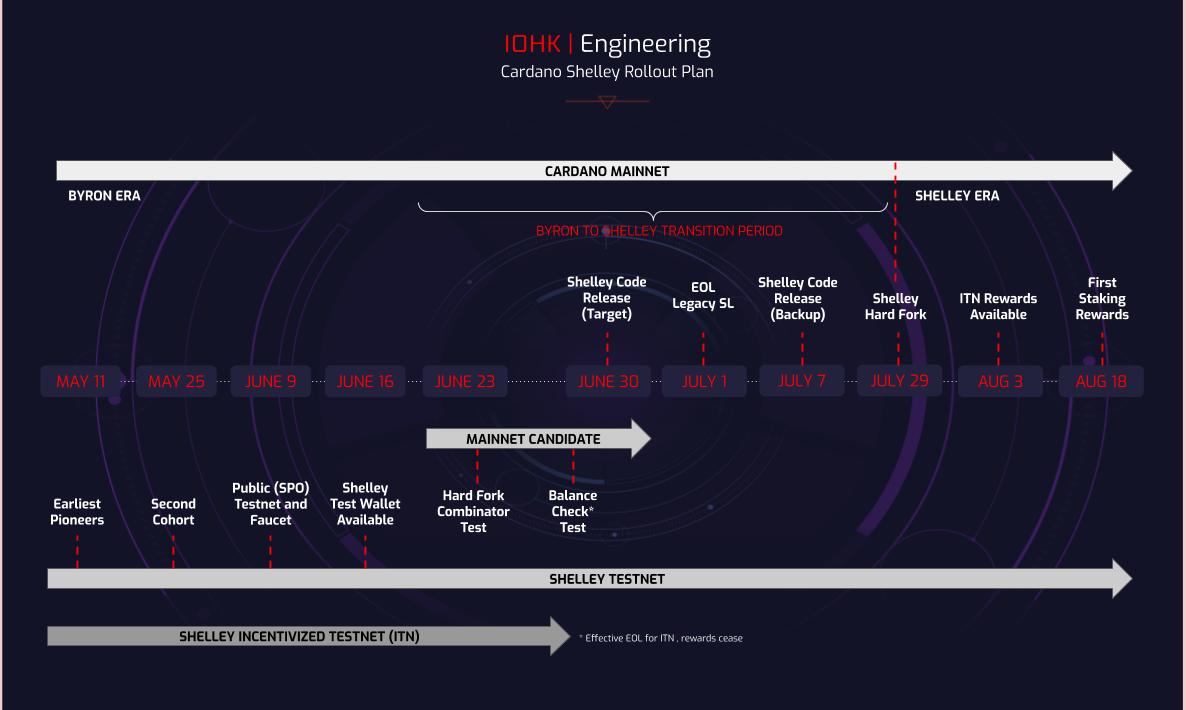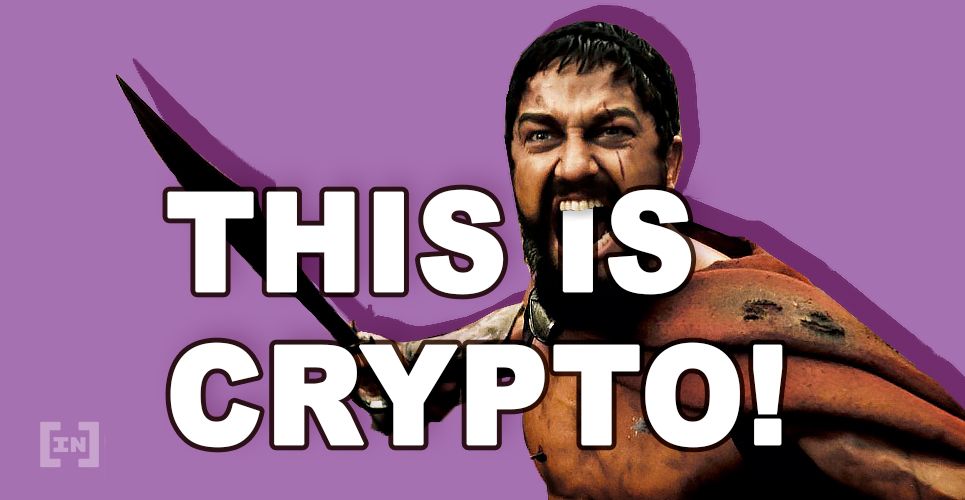2023-8-10 14:25 |
Crypto staking involves participating in a blockchain network by holding and “staking” a certain amount of a cryptocurrency in a wallet to support the network’s operations. In return, participants receive rewards, typically in the form of additional coins or tokens. Here are some key terms related to crypto staking:
Staking: The process of holding and locking up a certain amount of cryptocurrency in a wallet to support a blockchain network’s operations, in exchange for rewards. Validator/Node: Entities responsible for validating transactions and maintaining the blockchain’s integrity. Validators require participants to stake a certain amount of cryptocurrency as collateral. Reward: The incentive earned by participants for staking their cryptocurrency. Rewards can be in the form of additional tokens, coins, or fees generated by the network. Delegation: Allowing a third-party validator to stake your tokens on your behalf. Delegators still earn rewards, but the validator takes a portion as a fee. Proof of Stake (PoS): A consensus mechanism where validators are chosen to create new blocks and validate transactions based on the amount of cryptocurrency they have staked. It’s energy-efficient compared to Proof of Work (PoW). Slashing: A penalty imposed on validators who act maliciously or against the network’s rules. This can result in the loss of a portion of their staked tokens. Unbonding Period: The duration required to withdraw staked tokens from the network. This prevents participants from rapidly entering and exiting the staking process. Yield/APY: The annual percentage yield or annual percentage rate of return on staked assets, indicating the potential earnings from staking. Liquidity Staking: Staking tokens in a liquidity pool to facilitate trading on decentralized exchanges and earn a share of the trading fees. Decentralized Finance (DeFi): A movement that aims to recreate traditional financial services using blockchain technology, often involving staking as a key component. Smart Contract: Self-executing contracts with the terms of the agreement directly written into code. They enable automated staking and reward distribution. Validator Set: The group of validators chosen to participate in block creation and transaction validation for a specific period in PoS networks. Epoch: A predefined period in PoS networks, during which validators are chosen and rewards are distributed. After each epoch, the validator set may change. Mainnet: The live and operational version of a blockchain network, where real transactions and staking occur.Remember that the cryptocurrency space is evolving rapidly, so it’s important to stay updated on the latest developments and terms related to crypto staking.
Disclosure: This is not trading or investment advice. Always do your research before buying any cryptocurrency or investing in any services.
Follow us on Twitter @nulltxnews to stay updated with the latest Crypto, NFT, AI, Cybersecurity, Distributed Computing, and Metaverse news!
Image Source: kfifa/123RF // Image Effects by Colorcinch
origin »Bitcoin price in Telegram @btc_price_every_hour
Emerald Crypto (EMD) на Currencies.ru
|
|













